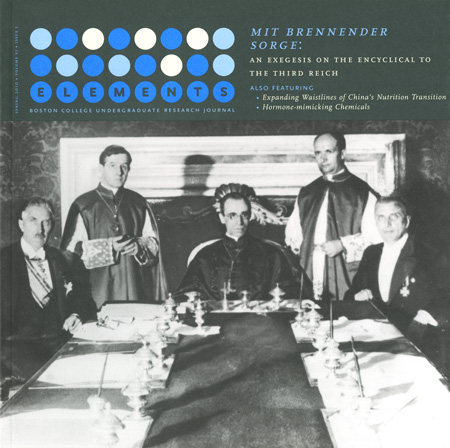Frege and Wittgenstein: The Limits of the Analytic Style
DOI:
https://doi.org/10.6017/eurj.v6i1.9022Keywords:
Spring 2010, humanities, linguisticsAbstract
The analytic tradition in philosophy stems from the work of German mathematician and logician Gottlob Frege. Bertrand Russell brough Frege's program to render language-particularly scientific language-in formal logical terms to the forefront of philosophy in the early twentieth century. The quest to clarify language and parse out genuine philosophical problems remains a cornerstone of analytic philosophy, but investigative programs involving the broad application of formal symbolic logic to language have largely been abandoned due to the influence of Ludwig Wittgenstein's later work. This article identifies the key philosophical moves that must be performed successfully in order for Frege's "conceptual notation" and other similar systems to adequately capture syntax and semantics. These moves ultimately fail as a result of the nature of linguistic meaning. The shift away from formal logical analysis of language and the emergence of the current analytic style becomes clearer when this failure is examined critically.Downloads
Published
2010-04-10
How to Cite
Sheridan, C. (2010). Frege and Wittgenstein: The Limits of the Analytic Style. Elements, 6(1). https://doi.org/10.6017/eurj.v6i1.9022
Issue
Section
Articles
License
Copyright (c) 2015 Elements

This work is licensed under a Creative Commons Attribution 4.0 International License.

